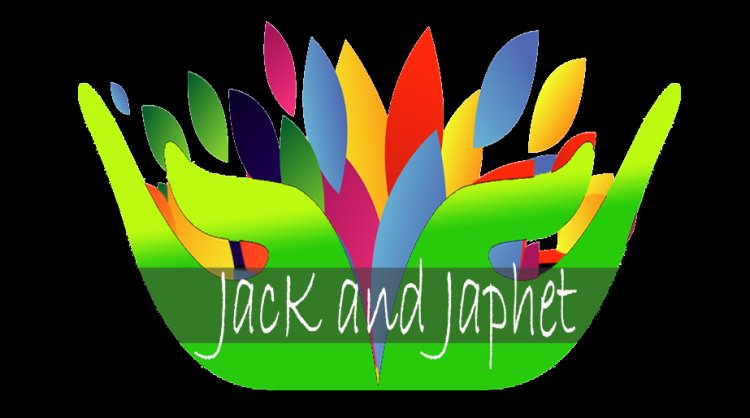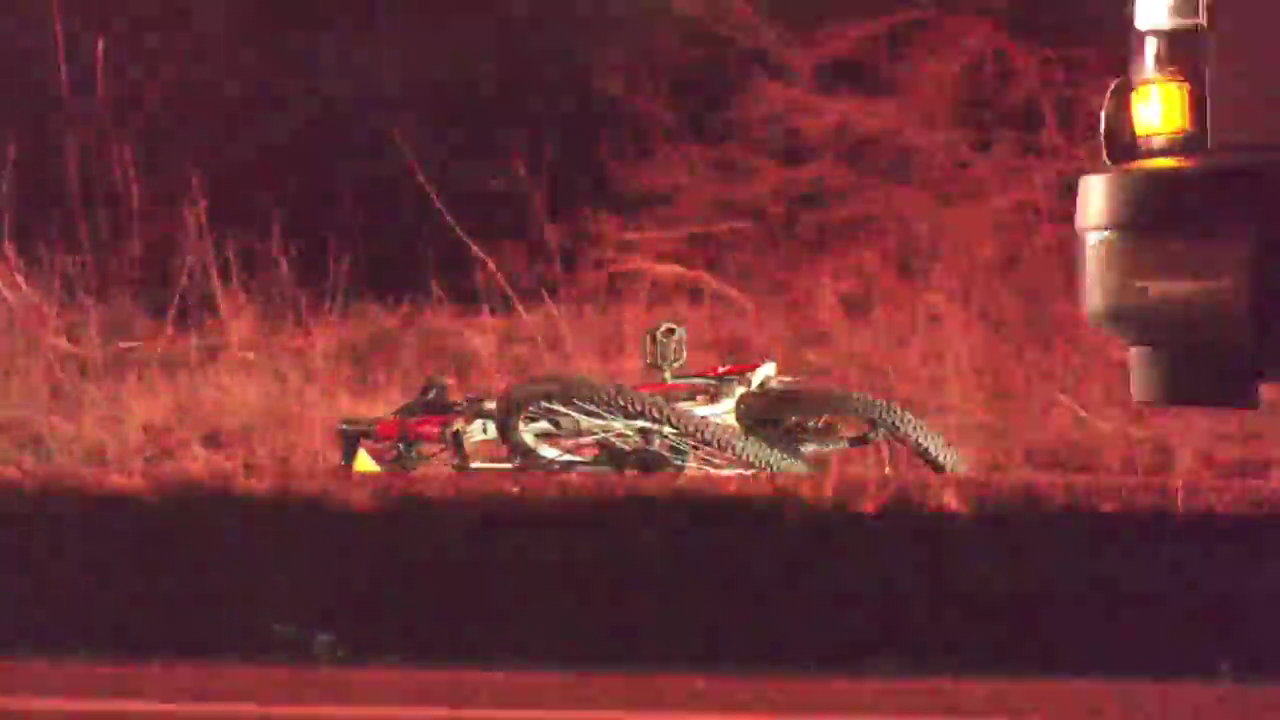TDSB error excludes racialized, disabled and LGBTQ students from specialty school lottery
An administrative error by the Toronto District School Board has led racialized, LGBTQ and disabled students to be excluded from a lottery for spaces in 17 high-demand alternative elementary schools.The school board sent an email on Tuesday afternoon to parents who applied for a space for their children at an alternative elementary school, explaining that after Indigenous students and students with siblings at the school were allocated spaces, those from “historically and currently under-represented communities” — Black, Asian, Middle Eastern, Latinx, 2SLGBTQIA+ and students with disabilities — were prioritized for 25 per cent of the remaining spaces.The rest of the spaces were supposed to be doled out by a lottery of all the applicants who hadn’t yet received a spot, but only those who did not identify as being part of the priority groups were actually included in the lottery, according to the email, which was shared with the Star by multiple parents.The board confirmed the error to the Star on Wednesday afternoon.“Due to an oversight by the third-party vendor, the prioritized students remaining on the wait-list (after 25 per cent of seats at all schools were filled from this group) were not included in the final step of the random selection process,” a spokesperson wrote via email. “This was discovered when staff reviewed data and results from the random selection process.”The email to parents explained that two separate wait-lists — one for self-identified members of priority groups and another for other applicants — were created as part of the selection process. The two lists should have been combined to allocate the remaining 75 per cent of spaces. They weren’t, the board said, attributing the mistake to the “third-party vendor.”There were 1,285 applications for 458 available spaces in 17 different schools, according to the board’s email. Alexis Dawson, trustee for Ward 9 (Davenport and Spadina-Fort York), said she and other trustees just learned of the issue and are looking into potential solutions.“We’re all concerned,” she said in a short phone interview Wednesday.According to the board’s website, alternative schools have a “distinct identity and approach to curriculum,” including smaller student populations and a “commitment to innovative programs.” Among the 17 schools are ones that focus on environmental education and experiential learning. “While the schools offer Ministry approved courses, they are delivered in learning environments that are flexible and meet the needs of individual students,” a description on the board’s website reads.In its email to parents, the school board said all students who have accepted a space have been confirmed and the “remaining spaces will now be equitably distributed to students on the wait-lists.” In its emailed statement to the Star, the board spokesperson said the TDSB recognizes this has “directly impacted students” and it is “taking immediate steps to address the issue.”The board said it is reviewing “all available spaces” and adding additional seats, “where possible, with current teacher allocations.”More to come ...Brendan Kennedy is a Toronto-based social justice reporter on the Star’s investigations team. Follow him on Twitter: @BKennedyStarIsabel Teotonio is a Toronto-based reporter covering education for the Star. Follow her on Twitter: @Izzy74


An administrative error by the Toronto District School Board has led racialized, LGBTQ and disabled students to be excluded from a lottery for spaces in 17 high-demand alternative elementary schools.
The school board sent an email on Tuesday afternoon to parents who applied for a space for their children at an alternative elementary school, explaining that after Indigenous students and students with siblings at the school were allocated spaces, those from “historically and currently under-represented communities” — Black, Asian, Middle Eastern, Latinx, 2SLGBTQIA+ and students with disabilities — were prioritized for 25 per cent of the remaining spaces.
The rest of the spaces were supposed to be doled out by a lottery of all the applicants who hadn’t yet received a spot, but only those who did not identify as being part of the priority groups were actually included in the lottery, according to the email, which was shared with the Star by multiple parents.
The board confirmed the error to the Star on Wednesday afternoon.
“Due to an oversight by the third-party vendor, the prioritized students remaining on the wait-list (after 25 per cent of seats at all schools were filled from this group) were not included in the final step of the random selection process,” a spokesperson wrote via email. “This was discovered when staff reviewed data and results from the random selection process.”
The email to parents explained that two separate wait-lists — one for self-identified members of priority groups and another for other applicants — were created as part of the selection process. The two lists should have been combined to allocate the remaining 75 per cent of spaces. They weren’t, the board said, attributing the mistake to the “third-party vendor.”
There were 1,285 applications for 458 available spaces in 17 different schools, according to the board’s email.
Alexis Dawson, trustee for Ward 9 (Davenport and Spadina-Fort York), said she and other trustees just learned of the issue and are looking into potential solutions.
“We’re all concerned,” she said in a short phone interview Wednesday.
According to the board’s website, alternative schools have a “distinct identity and approach to curriculum,” including smaller student populations and a “commitment to innovative programs.” Among the 17 schools are ones that focus on environmental education and experiential learning.
“While the schools offer Ministry approved courses, they are delivered in learning environments that are flexible and meet the needs of individual students,” a description on the board’s website reads.
In its email to parents, the school board said all students who have accepted a space have been confirmed and the “remaining spaces will now be equitably distributed to students on the wait-lists.”
In its emailed statement to the Star, the board spokesperson said the TDSB recognizes this has “directly impacted students” and it is “taking immediate steps to address the issue.”
The board said it is reviewing “all available spaces” and adding additional seats, “where possible, with current teacher allocations.”
More to come ...
Brendan Kennedy is a Toronto-based social justice reporter on the Star’s investigations team. Follow him on Twitter: @BKennedyStar
Isabel Teotonio is a Toronto-based reporter covering education for the Star. Follow her on Twitter: @Izzy74




















